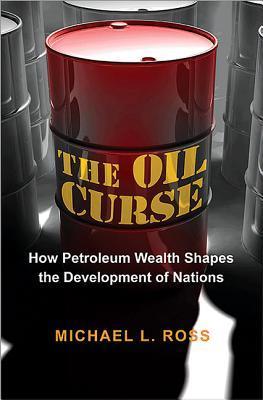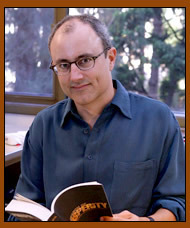
Countries that are rich in petroleum have less democracy, less economic stability, and more frequent civil wars than countries without oil. What explains this oil curse? And can it be fixed? In this groundbreaking analysis, Michael L. Ross looks at how developing nations are shaped by their mineral wealth—and how they can turn oil from a curse into a blessing. Ross traces the oil curse to the upheaval of the 1970s, when oil prices soared and governments across the developing world seized control of their countries' oil industries. Before nationalization, the oil-rich countries looked much like the rest of the world; today, they are 50 percent more likely to be ruled by autocrats—and twice as likely to descend into civil war—than countries without oil. The Oil Curse shows why oil wealth typically creates less economic growth than it should; why it produces jobs for men but not women; and why it creates more problems in poor states than in rich ones. It also warns that the global thirst for petroleum is causing companies to drill in increasingly poor nations, which could further spread the oil curse. This landmark book explains why good geology often leads to bad governance, and how this can be changed.
Author

Michael Ross received his Ph.D. in Politics from Princeton University in 1996. From 1996 to 2001 he was an Assistant Professor in the Political Science Department at the University of Michigan, Ann Arbor. He also spent the 2000 calendar year as a Visiting Scholar at the World Bank in Washington, D.C., and Jakarta, Indonesia. He is now Professor of Political Science, and Director of the UCLA Center for Southeast Asian Studies. His research deals with political economy, democratization, natural resources, and poverty in the developing world - particularly (but not exclusively) in Southeast Asia. His main project is a book on the "resource curse" that explains why countries with lots of natural resource wealth tend to do worse than countries with with resource wealth. His 2008 article, "Oil, Islam, and Women," received the Heinz Eulau Award from the American Political Science Association, for the best article published in the American Political Science Review. Chair of UCLA International Development Studies Interdepartmental Program 2004-2008. Director, UCLA Center for Southeast Asian Studies, 2007-present.